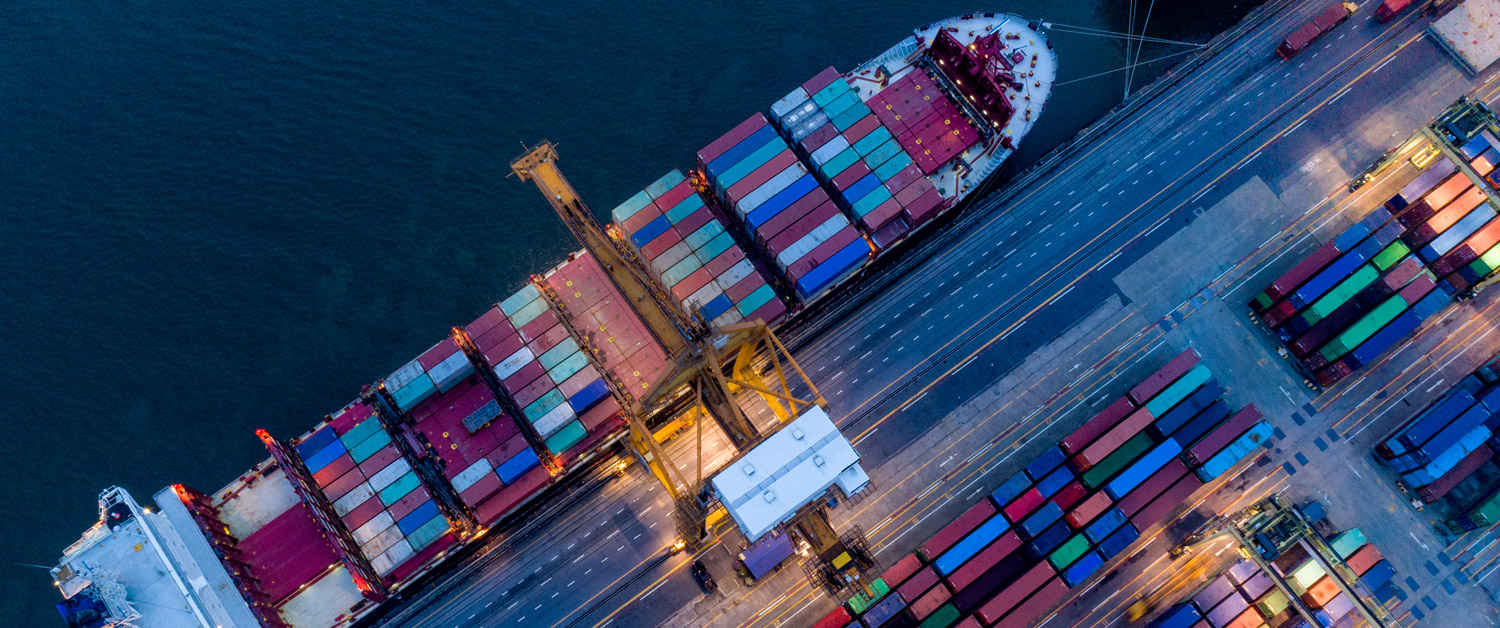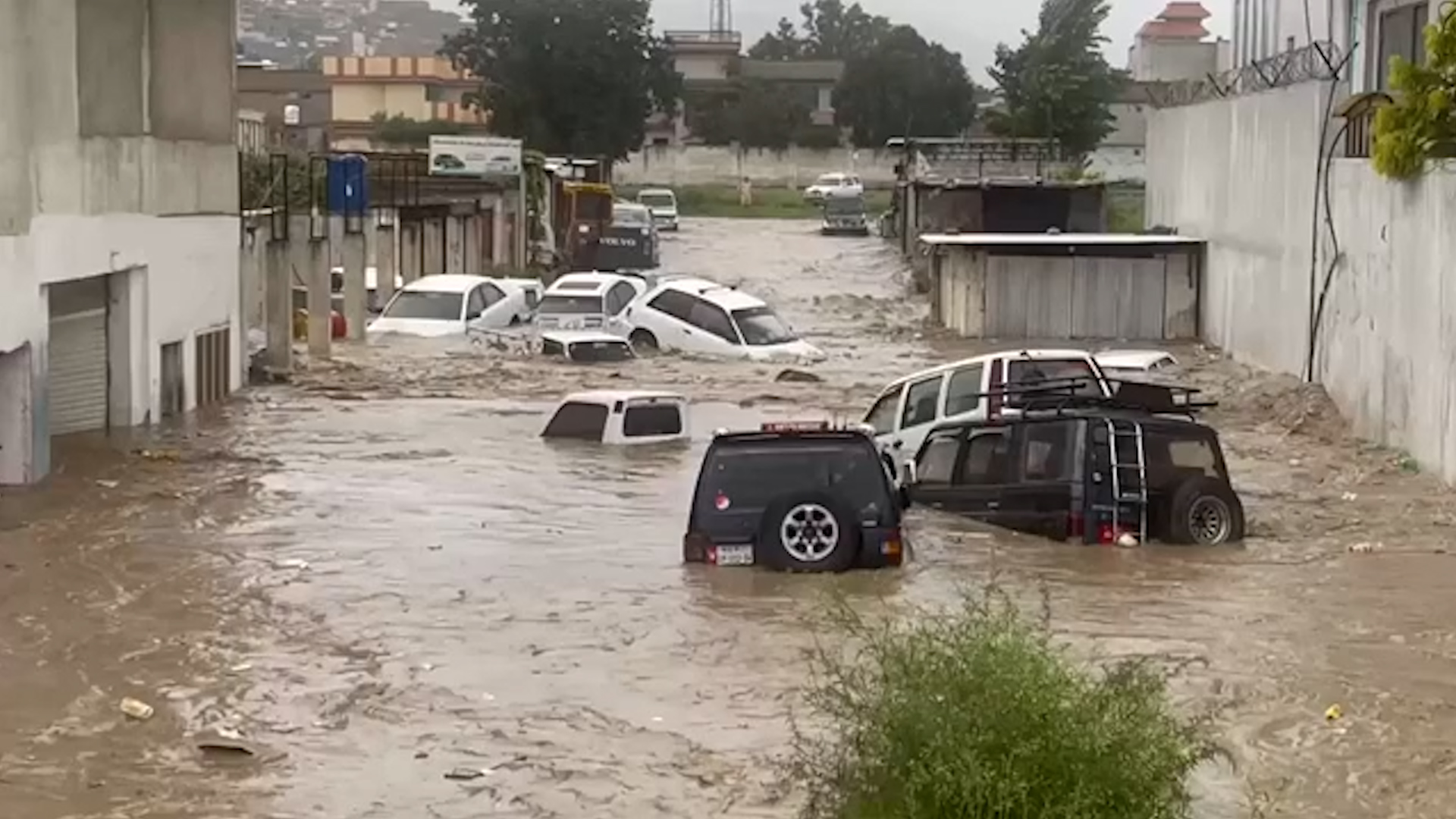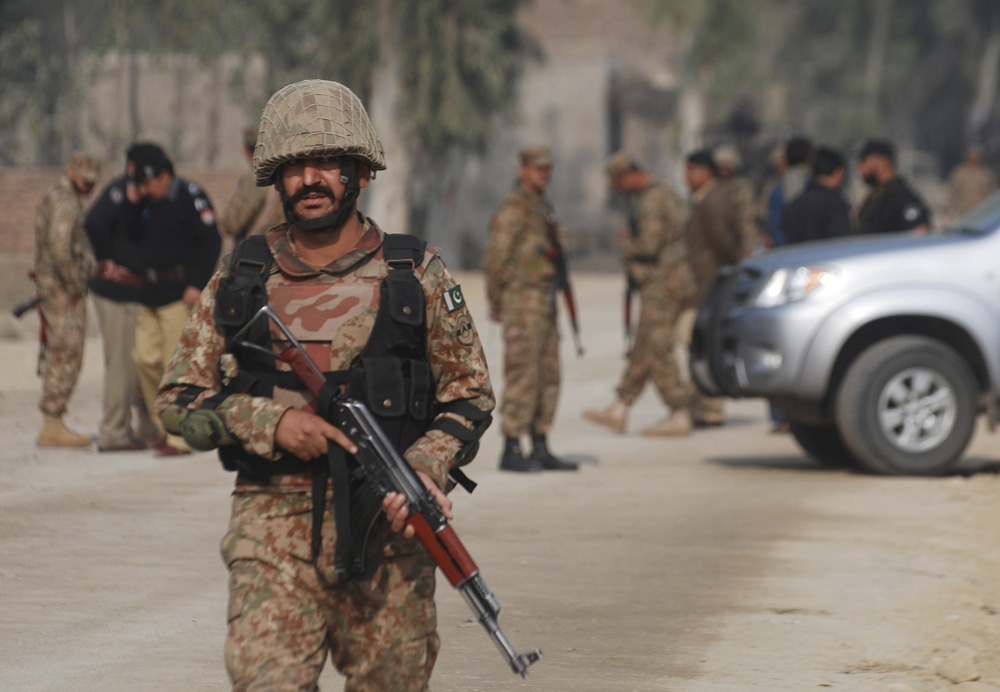Politics
President Gustavo Petro threw taunts during the possession of the new minTIC

On the afternoon of this Monday, September 5, the president of Colombia, Gustavo Petro Urrego, launched several taunts about the ICT portfolio during the presentation of Sandra Milena Urrutia as the new Minister of Information Technology and Communications.
In that sense, Petro told the new senior government official that starting today a position in which the responsibility is immensely high. There, she recalled that the scandal over the loss of money caused by the advance payment of 70 billion pesos for the Centros Poblados project must be erased.
“ Not only because of the immediate antecedents that punished the ministry, such as the destruction of the interconnection program for rural schools (…),
However, this was not the only “whip” of the president to the ministry and the country’s current situation in the face of the delay in technological development , where he highlighted that Colombia is behind other countries in the Latin American region in terms of internet connection.
“In general, if we do not have broadband available, for the population, the most excluded in Colombia, the most excluded half of Colombia, practically the same thing is happening that happened when the Spaniards arrived here: they appropriated the land and the they distributed feudal style”, compared Petro.
On the other hand, the president related the massacre that took place on Friday, September 2, in which seven police officers died in Huila, with the lack of coverage in the area , since in said tragedy a member of the unit that suffered the attack managed to flee and stressed that this “boy who escaped could not communicate throughout the night” as a result of the poor signal of his cell phone operator.
However, it should be remembered that this ministry had been without a title for almost a month due to the number of resumes that did not convince the Government and, in some cases, warned of alleged disabilities.
Who is the new ICT minister?
Sandra Milena Urrutia is a lawyer, with a master’s degree in Administrative Law, specialized in Telecommunications Law and has more than 16 years of experience in this sector.
Recently, she was the Director of Investigations for the Protection of Users of Communications Services of the Superintendence of Industry and Commerce.
She worked at the Communications Regulations Commission (CRC) as legal advisor for three years, she was legal advisor to the Vice Ministry of Connectivity and Digitization of the Ministry of Information and Communication Technologies. In addition, she worked as a professor in the Department of Telecommunications Law at the Externado University in Bogotá.
Urrutia’s resume was presented by the La U party to the Presidency, but inside the party they are clear that the lawyer is a technical woman.

Politics
Gas Rights Attorneys and the Challenges of International Trade Law

In recent times, the importance of gas rights attorneys cannot be overstated especially with the increasing complexity of international trade law. An adept gas rights law firm is vital in navigating through the legal waters that govern the global exchange of this precious commodity. It is a blend of knowing the domestic laws and understanding the intricate tapestry of international agreements, treaties, and customary practices.
The Framework of International Trade Law
International trade law serves as a framework within which countries operate when trading gas. The lack of a centralized global authority makes the role of a gas rights lawyer ever so critical. They decipher and apply various legal frameworks like the WTO agreements, regional trade agreements, and bilateral investment treaties. Their expertise ensures compliance and avoidance of legal disputes that could arise.
Cross-border Disputes and Litigations
Gas rights attorneys play a significant role in resolving cross-border disputes that might arise due to the different interpretations of international trade law. They offer their legal expertise in international courts or through arbitration to ensure a fair resolution of disputes. Their in-depth knowledge of both gas rights and international law provides a cushion against potential legal problems for the organizations they represent.
Compliance with Environmental Regulations
Gas is a significant contributor to the global energy supply; however, its exploitation and trade must be conducted within the set environmental standards. The gas rights law firm is tasked with the enormous responsibility of ensuring that all activities are compliant with international, regional, and local environmental laws. These laws are often complex and varied, requiring seasoned gas rights lawyers to interpret and ensure compliance.
Investment Protection and Gas Trade
For nations and private entities investing in gas, the protection of their investment is paramount. A gas rights attorney is instrumental in ensuring that the investment agreements are structured in a way that provides maximum protection under international trade law. Moreover, they ensure that the interests of their clients are well-represented and protected against unfair trade practices and policies.
Navigating Through Sanctions and Trade Restrictions
Sanctions and trade restrictions pose a significant challenge in the gas trade. They could emanate from geopolitical tensions or other global issues. Gas rights lawyers have the task of navigating through these sanctions and restrictions to ensure a smooth trade. Their understanding of international trade law is essential in devising strategies that are compliant yet favorable to their clients’ operations.
Technology, Innovation and International Trade Law
The gas sector is not immune to the fast-paced technological advancements. This innovation often brings about new challenges in interpreting and applying international trade law. Gas rights attorneys must stay ahead, understanding how these innovations interact with existing laws and potentially influencing the modification or creation of laws. A well-versed gas rights law firm can help navigate this dynamic aspect, ensuring that innovation and law work hand in hand for the betterment of gas trade.
Gas rights lawyers play a quintessential role in bridging the gap between the legal requirements of international trade and the business objectives of entities involved in the gas trade. Their expertise forms a cornerstone that supports the complexities of international transactions while promoting a lawful and conducive environment for gas trade across borders.
Politics
Devastating Floods Hit Pakistan, Putting Over Three Million Children at Risk

Pakistan is currently facing one of the worst floods in recent years, with heavy rains causing rivers to burst their banks and inundate large parts of the country. This disaster has left many communities devastated, with homes and crops destroyed, and infrastructure severely damaged. However, perhaps the most concerning aspect of this situation is the number of children who are at risk due to the floods. It is estimated that more than three million children are currently in danger, with many of them experiencing the worst of the floods’ impact.
The Situation for Children in Flooded Areas
Children in flooded areas face multiple challenges that can have lasting impacts on their physical and mental health, education, and overall wellbeing. The most pressing issue for children is the loss of their homes and displacement from their communities. Thousands of families have been forced to flee their homes, leaving behind everything they own. Children in these situations are at risk of exposure to the elements, disease, and violence. They may also be separated from their families, making them vulnerable to exploitation and abuse.
Access to clean water and sanitation is another major issue for children affected by the floods. With water sources contaminated by floodwaters, children are at risk of contracting waterborne diseases, such as cholera and typhoid. In addition, poor sanitation facilities increase the likelihood of the spread of disease, putting children at further risk.
The impact of the floods on education is also a major concern. Schools have been closed or damaged, leaving children without access to education. This disruption can have long-term consequences for children’s development, especially for those who are already facing significant challenges.
The Importance of Humanitarian Response
In the face of such a disaster, humanitarian response is crucial. International organizations, such as the United Nations Children’s Fund (UNICEF), are already on the ground, providing vital assistance to children and families affected by the floods. This includes the provision of clean water and sanitation facilities, as well as essential supplies, such as food, shelter, and medical care.
However, the scale of the disaster is so large that more support is needed. The government of Pakistan has appealed for international assistance to help with the response to the floods. This is an opportunity for the international community to come together and support the people of Pakistan, particularly the most vulnerable, such as children.
Conclusion
The devastating floods in Pakistan are a stark reminder of the impact of climate change and the urgent need for action to mitigate its effects. However, in the short term, the priority must be to support the children and families affected by the floods. The situation is dire, with more than three million children at risk. But with a coordinated humanitarian response, we can help mitigate the impact of the floods and support those who have been affected. It is essential that the international community comes together to provide the necessary resources and support to help the people of Pakistan recover from this disaster.
Politics
The Current Situation in Pakistan

Pakistan, a country located in South Asia, has been experiencing a myriad of challenges in recent times. From political instability to economic downturns, terrorism, and socio-cultural conflicts, Pakistan’s situation remains a cause for concern. This article will explore the current situation in Pakistan, the factors behind the country’s challenges, and the prospects for overcoming them.
Political Instability
Pakistan’s political landscape has been characterized by instability in recent times. The country has been facing political turmoil, with frequent changes in leadership and power struggles. The latest example is the recent protests against Prime Minister Imran Khan’s government. The opposition has been accusing the government of corruption, incompetence, and authoritarianism, which have fueled protests and calls for the resignation of the prime minister.
Economic Downturn
Pakistan’s economy has also been facing significant challenges in recent times. The country’s economy is facing a sharp decline, with inflation rates reaching all-time highs. The COVID-19 pandemic has further worsened the situation, leading to a decline in economic activity and a rise in unemployment. Additionally, the country’s debt burden has been increasing, which has limited the government’s ability to invest in economic development.
Terrorism
Pakistan has been grappling with terrorism for years, which has led to a loss of lives, destruction of property, and economic instability. Despite the government’s efforts to combat terrorism, extremist groups continue to carry out attacks in the country, targeting civilians and security forces. Recently, the Tehrik-i-Taliban Pakistan (TTP) claimed responsibility for a suicide bombing that killed over 30 people in a market in Quetta, Balochistan.
Socio-cultural Conflicts
Pakistan is a diverse country with various ethnic, religious, and linguistic groups. However, this diversity has led to conflicts and tensions, leading to violence and instability. The country has been facing sectarian violence, with attacks on religious minorities, including Christians, Shias, and Ahmadiyyas. The country’s blasphemy laws have also been controversial, leading to the persecution of religious minorities and dissenting voices.
Prospects for Overcoming Challenges
Despite the challenges facing Pakistan, there are prospects for overcoming them. The government has initiated several measures to address the economic downturn, including an IMF program and efforts to increase exports and attract foreign investment. The country’s strategic location and potential for trade with neighboring countries such as China, India, and Afghanistan also provide opportunities for economic development.
The government has also taken steps to combat terrorism, including operations against extremist groups and efforts to improve intelligence-gathering. However, more needs to be done to address the root causes of extremism, such as poverty, lack of education, and marginalization.
The government also needs to address socio-cultural conflicts through policies that promote tolerance and respect for diversity. This could include revisiting the blasphemy laws and addressing sectarianism through interfaith dialogue and community engagement.
Conclusion
Pakistan’s current situation is a cause for concern, with political instability, economic downturns, terrorism, and socio-cultural conflicts. However, the country’s prospects for overcoming these challenges are bright. The government’s initiatives to address economic challenges, combat terrorism, and promote interfaith dialogue and community engagement are positive steps towards a more stable and prosperous Pakistan. It is essential for the government to continue working towards addressing the root causes of these challenges and promoting an inclusive and tolerant society.











